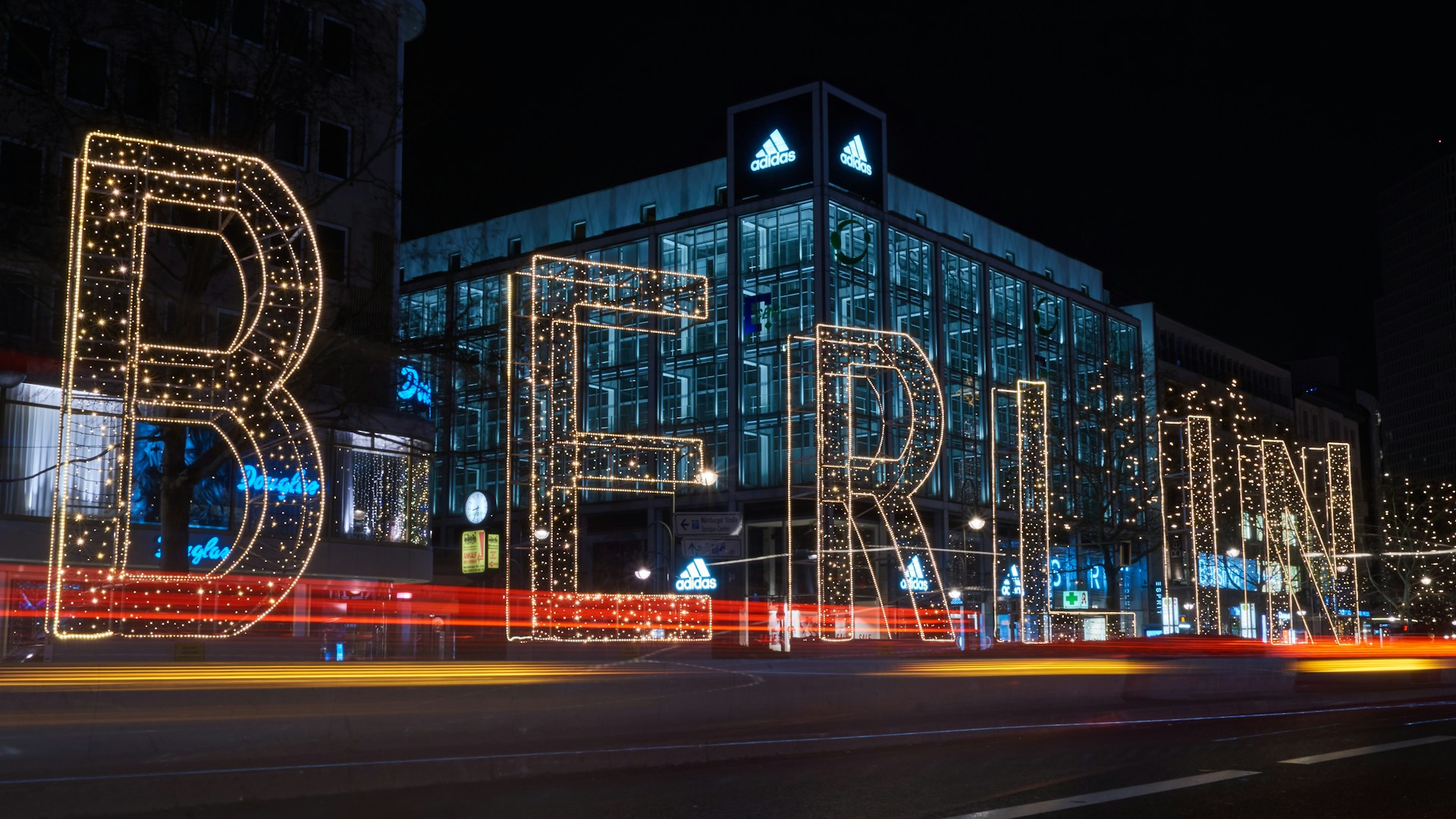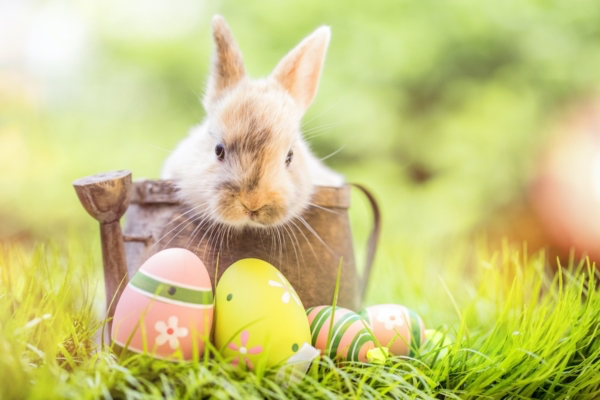Easter Sunday, also called Resurrection Sunday, is a Christian holiday celebrating the resurrection of Christ. Easter is a once-a-year spring break for international students, an excellent opportunity to get away. However, Easter is a time-honoured UK holiday commemorating Jesus Christ’s resurrection. The chocolate eggs and bunny-shaped chocolates that you see everywhere at Easter are said to be folk customs that have nothing to do with tradition; they are symbols of goodness, good wishes and friendship. Easter Sunday 2025 is on 20 April. Today, I’ll cover Easter history and customs you may not know about.
Easter Sunday Origins

According to the Christian Bible, Jesus rose on the third day after being tortured and killed on the cross, which is how Easter came to be.
Historians have traced the date of Jesus’ resurrection from the holy book, and the date was calculated by the Israelites and then deduced the exact time of Jesus’ resurrection, so they set the first week of the full moon on the vernal equinox as Easter. Easter in 2025 will be on the 20th of April.
Jesus died to help the world atone for its sins, and his resurrection was to make the world faithful to Christ, to gain eternal life, and to carry out superlatives. For the West, the resurrection day of Jesus is the pinnacle of faith, so Easter has always been a traditional religious holiday in the UK, which is of great significance.
Customs
Easter Eggs

Easter eggs are exchanged during the Easter season. From a Christian perspective, Easter eggs are said to represent the resurrection of Jesus. Also, eggs were forbidden before Lent. So, it was typical for people to paint and decorate eggs to mark the end of the period of penance and fasting and to eat eggs at Easter as a celebration.
In addition to the colourful chocolate eggs we see in supermarket windows today, hand-painted eggs are a traditional part of Easter in the UK, dating back to before the birth of Jesus Christ. Traditional Easter eggs are made from real eggs.
In the beginning, eggs were red, symbolising the blood of Jesus. Later, they became coloured eggs when boiled, and colourful designs were painted on the shells. Nowadays, Easter comes with a wide variety of coloured eggs, and chocolate eggs, large and small, are placed in supermarkets and can be found everywhere.
Egg Rolling

In the UK, Easter is celebrated in various ways, with coloured eggs. For example, the egg rolling game is a British Easter activity. Each participant chooses a favourite coloured egg and rolls it down a hill to the bottom of the mountain without breaking it.
The biggest and most famous egg-rolling game is the annual egg-rolling competition held in Avonham Park, Preston, which has been going on for over 150 years. In the last few years, Preston‘s famous egg-rolling has been cancelled due to the restrictions imposed by the New Crown Epidemic, but now the tradition is finally back.
Rabbit

As well as coloured eggs, the rabbit is an important element of Easter. Because of its ability to reproduce, the rabbit is also a symbol of spring and new life in the Western world.
Adults will tell children that Easter eggs will hatch into baby bunnies, and legend has it that the Easter Bunny’s little basket will contain sweets and toys. Many families will also put some sweets and toys on the garden lawn for the children to find.
The story of the rabbit is thought to have become common in the 19th century. Rabbits usually gave birth to large litters of Kittens, which became a symbol of new life. The rabbit was also an ancient symbol of the moon, and the date of Easter depended on the moon. Believers saw rabbits coming out of their burrow homes to symbolise the resurrection of Jesus.
Hot Cross Bun

The hot cross bun is a traditional Easter treat. Traditionally, hot cross buns are eaten on Easter Sunday, the first Sunday after the full moon on the spring equinox, and on Good Friday, the Friday two days after the equinox, and the “cross” on the bun is a reminder of the cross on which Jesus was crucified.
The history of cross buns dates back to the 12th century, and one theory is that they originated in St Albans, England. They are leavened sweet bread filled with spices and a variety of fruits, such as blackcurrants and sultanas candied citrus, and adorned with a white cross representing a crucifix on top.
FAQ
Is Easter Sunday, 2025, a Bank Holiday?
Easter Sunday is not a bank holiday in England, but Easter Monday (April 21st) is.
What day is Easter Sunday in 2025?
In 2025, Easter Sunday falls on April 20th.
Why Is Easter on Different Dates Every Year?
The answer lies in an ancient formula used to determine the date of Easter, known as the Paschal Full Moon. This formula was established by early Christian astronomers and is based on the lunar calendar, unlike the Gregorian calendar we use today. According to this formula, Easter falls on the first Sunday after the full moon that occurs on or after March 21st. This means that Easter can fall anywhere between late March and late April.







